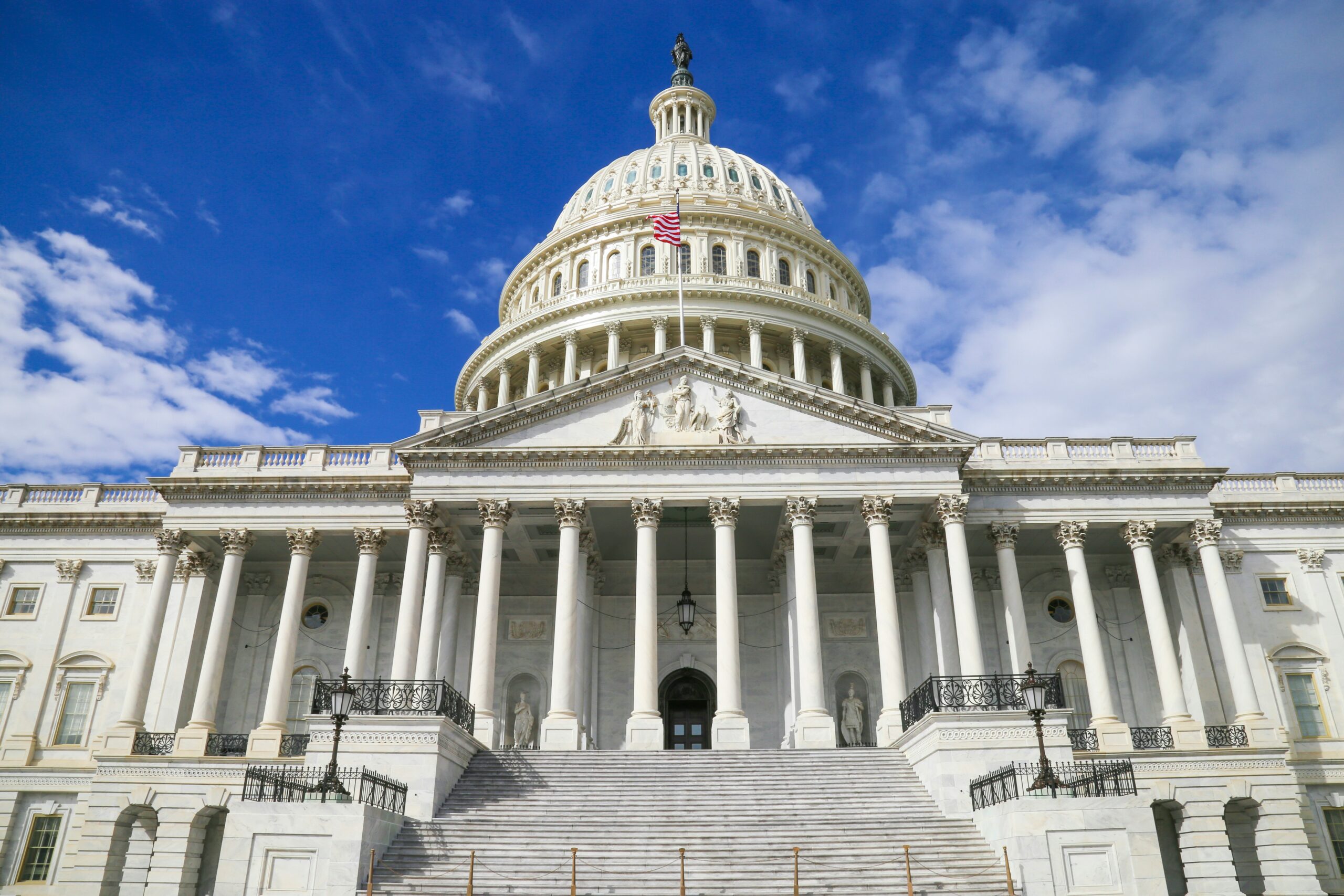
A recently enacted law has granted the President of the United States extensive authority to block access to digital assets, a move that has sparked significant concern and debate among commentators on X. On June 6, Scott Johnsson, a prominent voice in the digital assets sector, sharply criticized the law’s expansive reach.
Johnsson’s commentary highlights the law’s potential to empower the President to ban user-level access to any protocol or smart contract deemed problematic by the Treasury Secretary. He stated:
“It’s hard to see how this isn’t intended to be a user-level ban power by the President on any protocol/smart contract that’s deemed by the Treasury Secretary to be ‘controlled, operated or [made] available’ by a foreign sanctions violator. Breathtaking scope and implications to corral users to KYC/permissioned chains.”
Legislative Elements and Broad Definitions
On June 5, an X user pointed out that Senator Mark Warner had strategically inserted legislative elements into the law, which grants these sweeping powers over digital assets to the U.S. president. The law broadly defines “digital assets,” encompassing any digital representation of value recorded on cryptographically secured distributed ledgers. This includes:
- Communication Protocols: Systems used for transmitting information.
- Smart Contracts: Self-executing contracts with the terms of the agreement directly written into code.
- Other Software: Any software deployed through distributed ledger technology.
Under the new law, the president has the authority to block transactions between U.S. persons and foreign entities that are identified as supporting terrorist organizations. This also includes imposing strict conditions on foreign financial institutions that maintain accounts in the U.S. if they are found to facilitate such transactions.
| Component | Description |
|---|---|
| Communication Protocols | Systems facilitating the exchange of information over distributed ledgers. |
| Smart Contracts | Code-based agreements executed automatically on blockchain networks. |
| Other Software | Software utilizing distributed ledger technology to facilitate digital asset transactions. |
Johnsson’s analysis suggests that the law’s broad applicability could push users towards Know Your Customer (KYC)-compliant and permissioned blockchain networks. These regulated blockchains would require users to disclose their identities and adhere to strict compliance protocols, potentially limiting access to more open and decentralized platforms.
“[…] prohibit any transactions between any person subject to the jurisdiction of the United States and a foreign digital asset transaction facilitator identified under paragraph (1).”
Potential Control over Digital Assets
Johnsson warns that this move might be seen as an effort to exert greater control over digital assets under the pretext of combating terrorism. By compelling users to migrate to KYC-compliant chains, the law could effectively corral the crypto market into more controlled environments.
The provisions that allegedly enable this presidential empowerment are derived from the Terrorism Financing Prevention Act. Introduced in December 2023, this act allows the U.S. Treasury Department to address “emerging threats involving digital assets.” This legislative backdrop emphasizes the government’s intent to clamp down on illicit financial activities facilitated through digital currencies.
| Legislation | Purpose |
|---|---|
| Terrorism Financing Prevention Act | Empowers U.S. Treasury to target financial threats emerging from digital assets. |
The new law has elicited a wide range of reactions from experts and commentators. Some view it as a necessary measure to prevent the misuse of digital assets for illegal activities, while others argue that it represents an overreach that could stifle innovation and limit user freedoms in the crypto space.
Hayden Adams, the inventor of decentralized exchange Uniswap, suggested that while there is merit in regulating to prevent misuse, the broader implications for user autonomy and innovation must be carefully considered.
Ethereum co-creator Vitalik Buterin has previously argued that financialization in the crypto space should serve broader societal purposes, such as improving healthcare, supporting open-source software, and fostering creativity. The new law’s focus on controlling digital assets through stringent measures raises questions about balancing security with these broader goals.
The implementation of this law could have significant implications for the crypto market, especially in terms of how digital assets are regulated and accessed. Key considerations include:
- Market Dynamics: Potential shifts towards KYC-compliant and permissioned networks could alter the landscape of digital asset trading.
- User Privacy: Increased regulation might impact the privacy and autonomy traditionally valued in the crypto community.
- Innovation: Stricter controls could stifle innovation, particularly in developing decentralized applications and platforms.
The new law granting the U.S. president the power to block access to digital assets marks a significant shift in how digital currencies and blockchain technologies are regulated. While aimed at curbing illicit activities, the broad scope of the law has raised concerns about its impact on user freedoms and the future of decentralized finance. As the crypto market continues to evolve, finding a balance between regulation and innovation will be crucial to ensuring its growth and sustainability.
Featured image credit: Louis Velazquez via Unsplash
